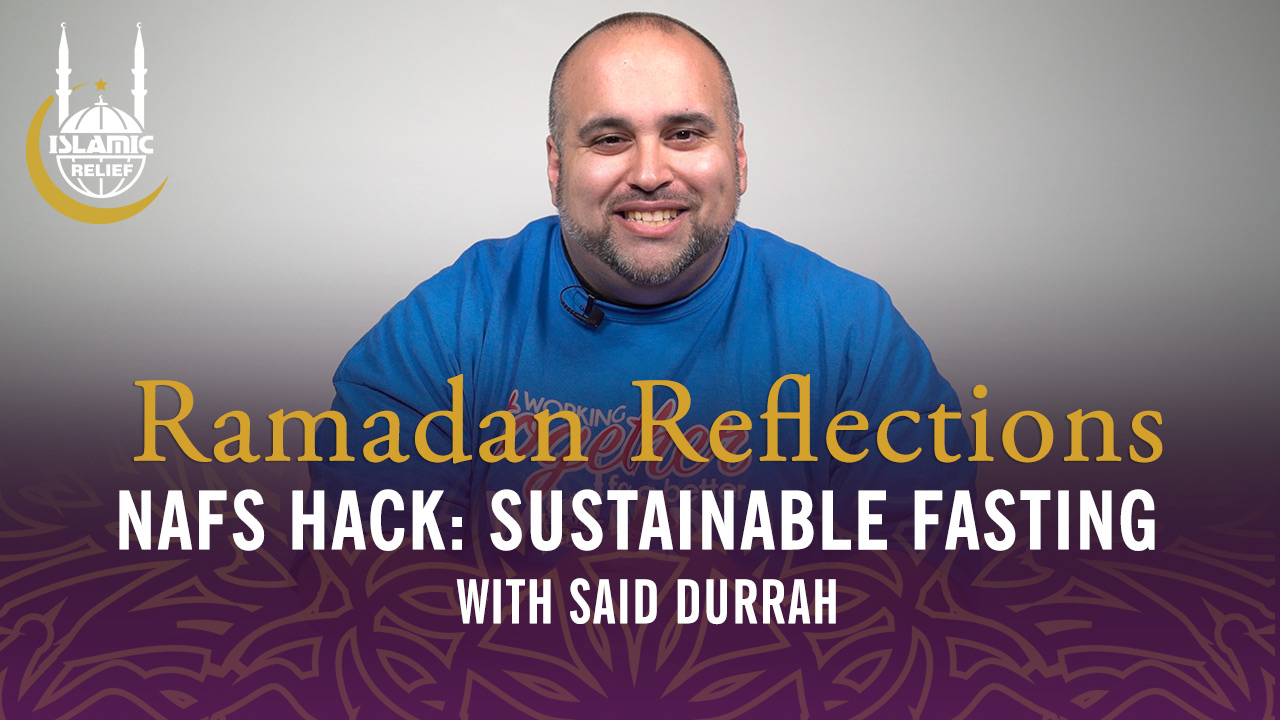Disaster Response Still Needed…Islamic Relief USA Steps In

With the onslaught of natural disasters that took place throughout much of 2017, it’s easy to lose track which happened when, and where.
Just in my short time here, I’ve heard and seen accounts of hurricanes, earthquakes, wildfires, tsunamis, all within a short time. When they happen so close together, it’s common that the latest disaster trumps (the verb, not the president) the one that took place before it. And then it doesn’t take long for the one that’s getting the attention currently to be overshadowed soon by another act of God.
Hurricane Harvey, for example, happened way back in August. Since then, you had Hurricane Irma in Florida, a hurricane in Puerto Rico, an earthquake in Iran, wildfires in California.
While it’s understandable if the news cycle doesn’t give daily updates months after the disaster broke out, it doesn’t mean the struggles or the suffering is abated. That was made pretty clear when I, along with other staff members of Islamic Relief USA, visited Houston Mayor Sylvester Turner to deliver a $50,000 check for the Hurricane Harvey Relief Fund. In his remarks to the media, Turner said he was grateful to the organization for the donation, saying it’s much needed.

Driving around the downtown area of Houston, you don’t get much of a sense that the hurricane left any lasting physical damage. It’s a beautiful city with a pretty neat skyline, and the folks in the area were out and about doing their usual: food shopping, going to work, eating lunch at local restaurants, and exercising.
But Houston is a large city, (the fourth largest by population, in fact), so inevitably, there are pockets where the suffering is still taking place. Just by coincidence, on the same day that we delivered a check, there was a City Council meeting where residents aired their grievances and frustrations about the pace of the recovery. That served as just another reminder of how we can’t assume all is back to normal. Far from it.
Turner, in his remarks to the media, described it in greater detail: “There are still thousands of families that are adversely affected by Hurricane Harvey. There are people who are still in hotels. Then, there are thousands of other people whose homes need to be repaired or rebuilt.”
In other cases, repairs were started but are incomplete because homeowners ran out of funds. Complicating the picture, according to Turner, is the slow delivery of federal government funds. When we arrived there, the lead story in the Houston Chronicle was about how federal disaster aid could be tied up if the government shuts down. The government did shut down, but fortunately, it was short-lived (at least as of this writing) and it shouldn’t impact the aid.
It’s in situations like these, Turner said, that contributions from IRUSA, among others is invaluable, despite having an amount attached to it.
“This $50,000 will aid a number of families. But for contributions like this one, a lot people would be stranded waiting for help.
We made it clear to Mayor Turner that Islamic Relief USA wants to have a strong connection to the city of Houston, and to the people who were adversely impacted. It’s not about recovery. It’s about rebuilding. Similar to projects we’ve done in North Carolina, we hope and plan to have a long-term presence. The organization’s Disaster Response Team has continually polished its skills by working at various disaster locations. They hope and plan to utilize this knowledge in projects in Houston.
By developing this relationship, Islamic Relief USA will continue to have a positive impact in the lives of people were hard it by this disaster. It is another example of how building communities one at a time can leave a lasting, hope-filled impression, and hopefully keep the noisemakers at bay.




